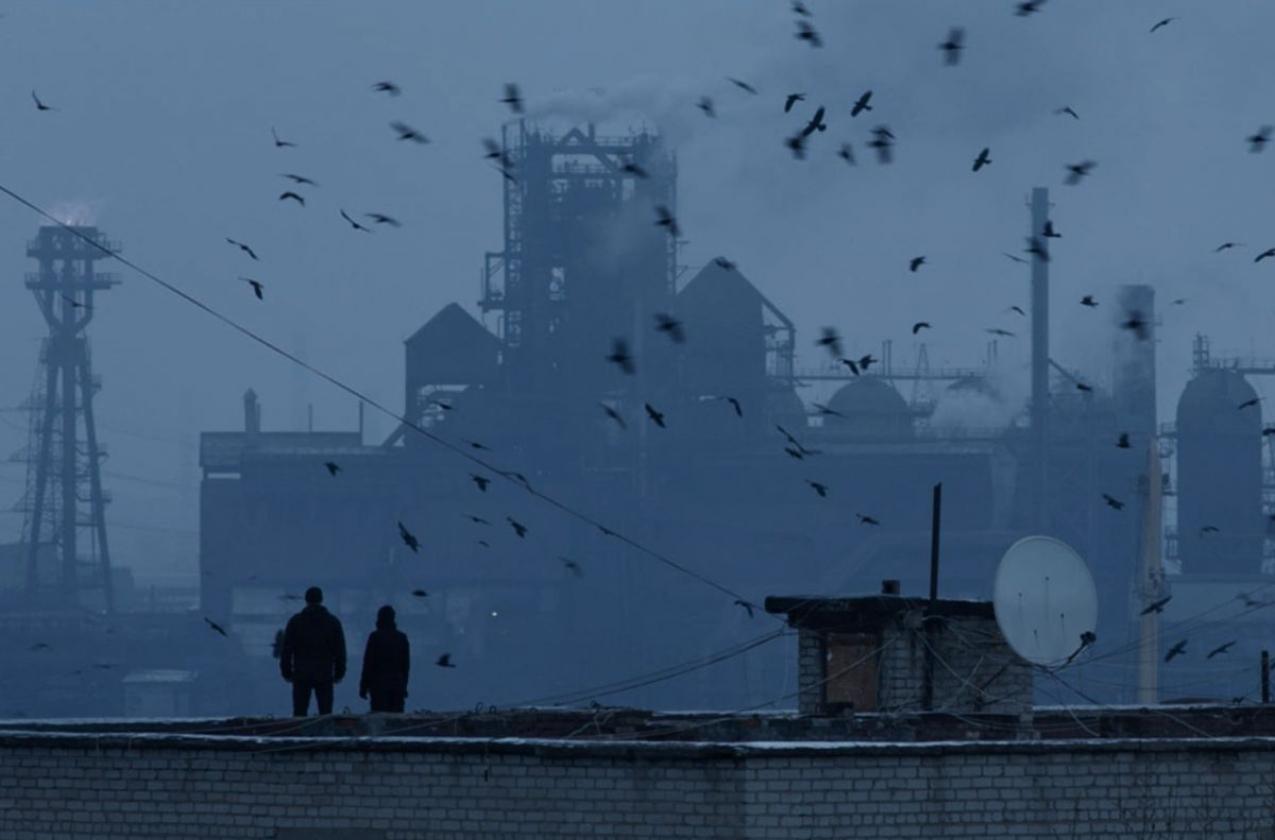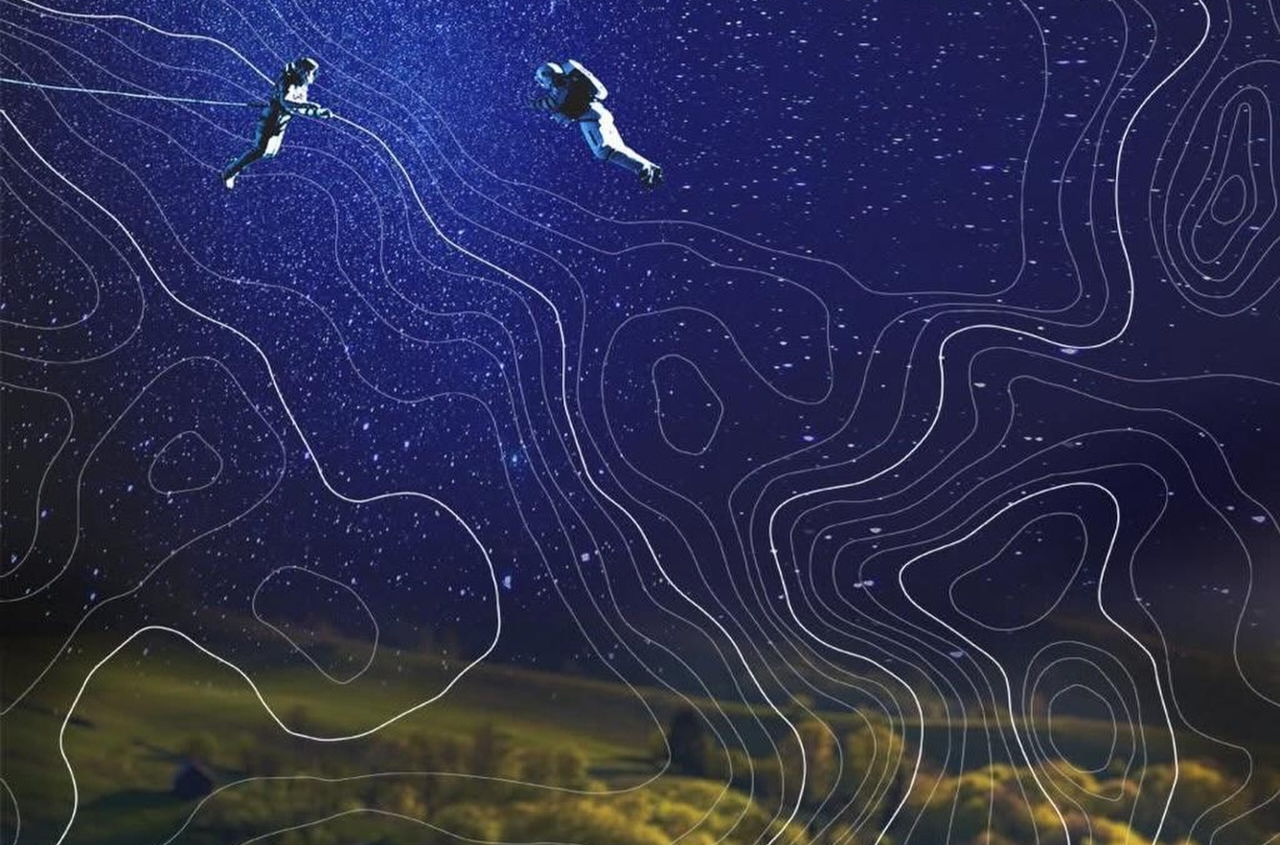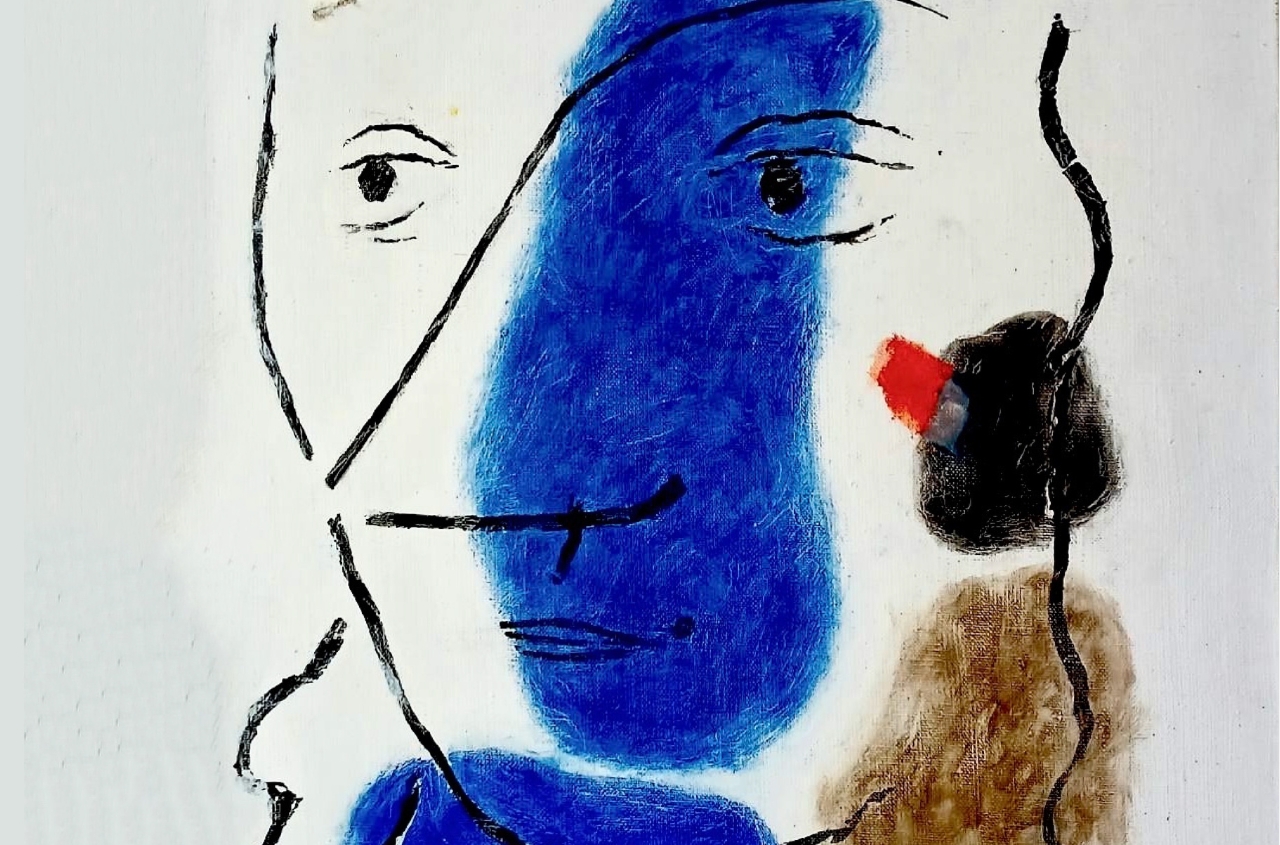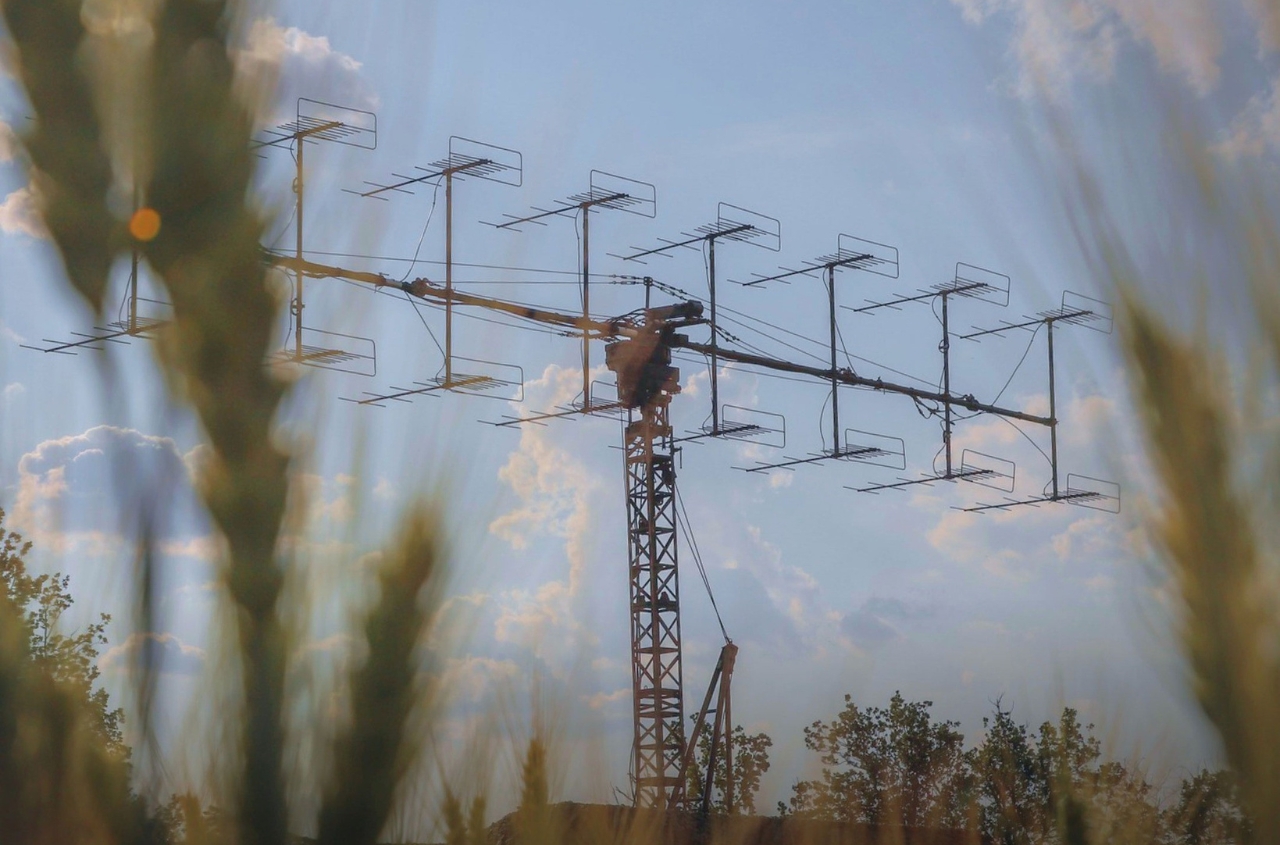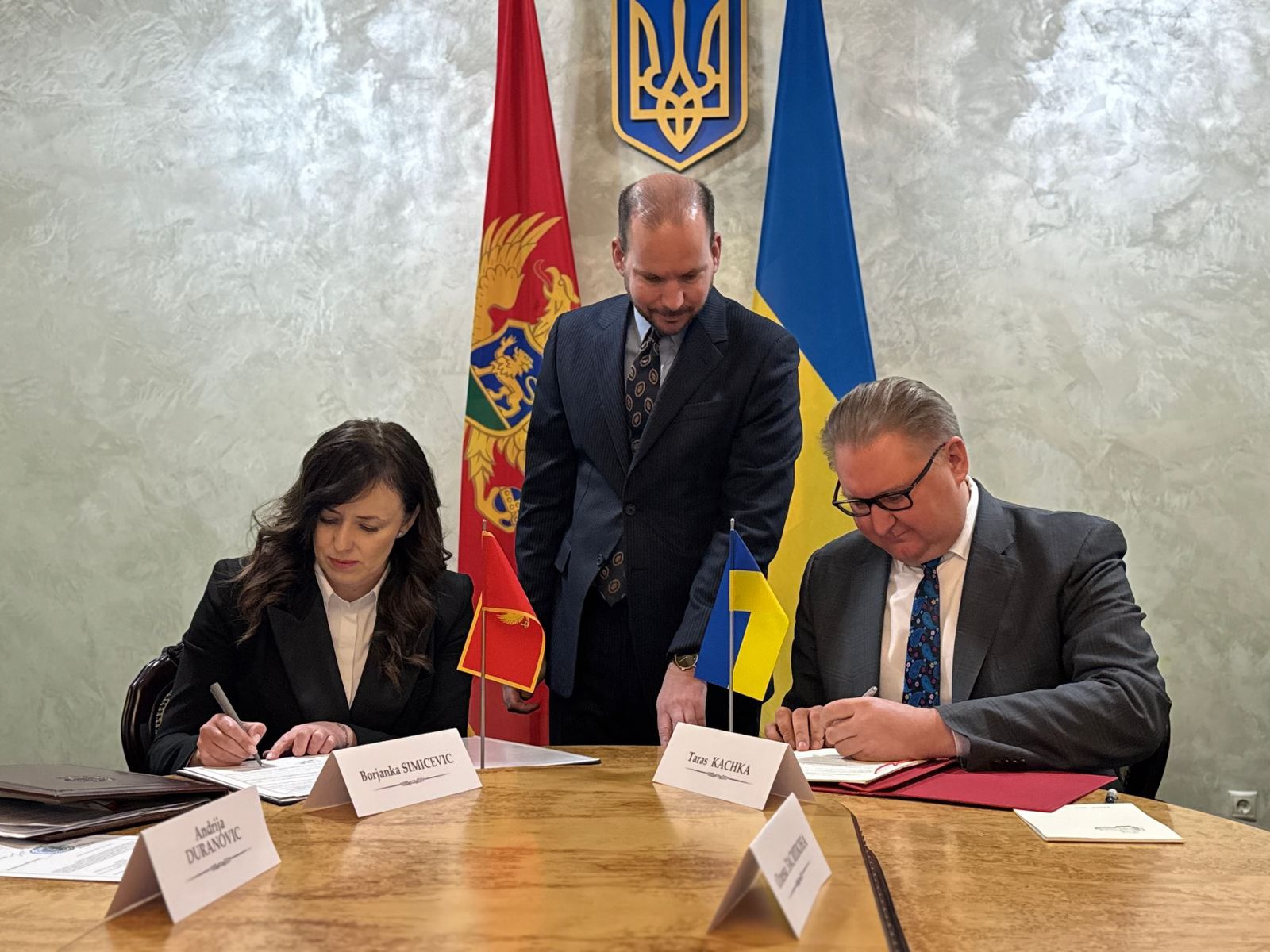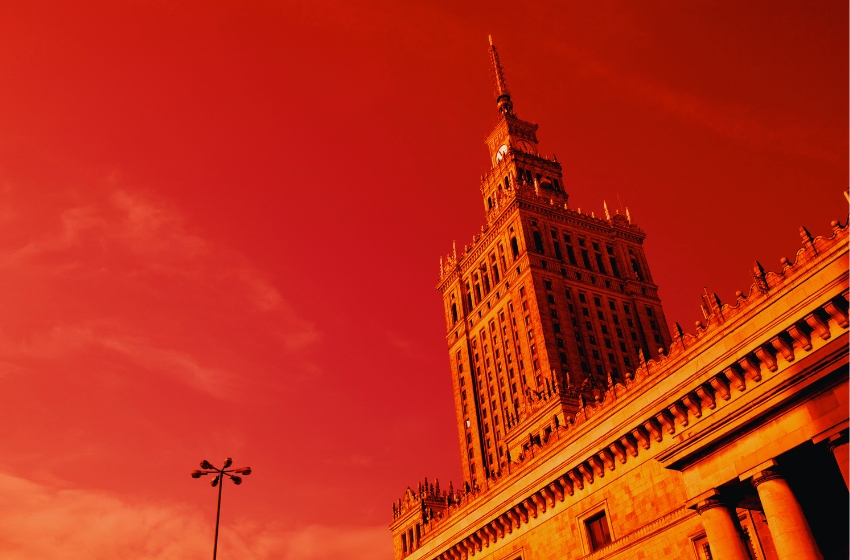Ukraine’s official Oscar entry, the movie depicts an all-too-convincing dystopia, with no fancy gadgets or cars. “Atlantis†is shockingly hopeful.
Despite this year's atypical situation, European countries are starting to reveal their titles submitted for the Best International Feature Film Award at the 93rd Academy Awards. Originally scheduled for 28 February, the awards ceremony has now been postponed to 25 April due to the coronavirus pandemic, which will undoubtedly have an impact on the year's calendar.
One of the most acclaimed films on the festival circuit the past year or so has been Valentyn Vasyanovych’s Venice award winner Atlantis. Hauntingly capturing a post-war Ukraine five years from now, the filmmaker depicts this broken landscape in only a select number of shots. Selected as Ukraine’s Official Oscar entry for Best International Feature Film.
Atlantis won best film in the Horizons strand of the Venice Film Festival in 2019 and went on to win several other awards at international festivals. It marks the fourth feature of Vasyanovych, who previously served as producer, cinematographer and editor on The Tribe, which won the Critics’ Week grand prize at Cannes in 2014.
Atlantis is a territory that once disappeared, just as the powerful industrial region of Ukraine is about to disappear now.

It’s 2025, one year after the Ukraine-Russia war has ended, and former solider Sergey (newcomer Andriy Rymaruk) is struggling to adjust to life outside the military. Unable to sleep and beset by suicidal daydreams, he is clearly suffering from PTSD and shuffles through life as a factory worker at the nearby smelter. When the factory closes, the owners claim that it will be refurbished to accommodate new technologies; Sergey finds employment delivering drinking water to the region’s few remaining inhabitants. The decaying factories and mines have polluted the natural supply.

A chance roadside encounter with Katya (Liudmyla Bileka, also in her first role) brings Sergey into contact with Black Tulip, a volunteer organisation which travels the countryside exhuming bodies in an attempt to identify them, reunite them with relatives or, at the very least, give them a proper burial. Sergey volunteers to assist; a gesture that’s driven, at least in part, by a desire to atone for his actions. While the work is horrendous, its doing brings Sergey some kind of peace, and, as he and Katya grow closer, a chance, perhaps, for some small happiness.
Most of the filming was carried out in and around Mariupol within a radius of 50 km. In the shot we have Azovstal Plant and a quarry located just outside Mariupol, in Granitnoye.
I show quite tough and scary things, but I always keep my distance and do not consider it in detail. I show the general picture, so there is no physical aversion to what the viewer sees, such scary shots.

The interior of the metallurgical plant itself was built at the Leninskaya Kuznitsa, all these ladles were made by the Art Department studio and the talented production designer Vladlen Odudenko.
The biggest stretch of the imagination here is that the conflict between Russian and Ukraine has superficially ended, but its trickling, traumatic effects still linger.
Jumping a few years ahead, I gave rid of political details

The colour palette of the film in muddy browns and khaki greens underscore the hopelessness and claustrophobia that blight this region; flashes of colour, such as the infra-red cameras that bookend the film or the pouring of red-hot molten steel onto black rock, are both jarring and fleeting. And in an absence of traditional score, sound designer Sergiy Stapenskiy builds an often-overwhelming aural landscape of hard-edged metallic and vehicular sounds, allowing background noise to surge into scenes, effectively replicating the cacophony that’s playing out within Sergey’s own head. It’s only towards the film’s end that natural sounds — thundering rain, birdsong — finally make themselves heard, bringing with them a small but definite sense of hope.










